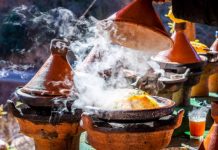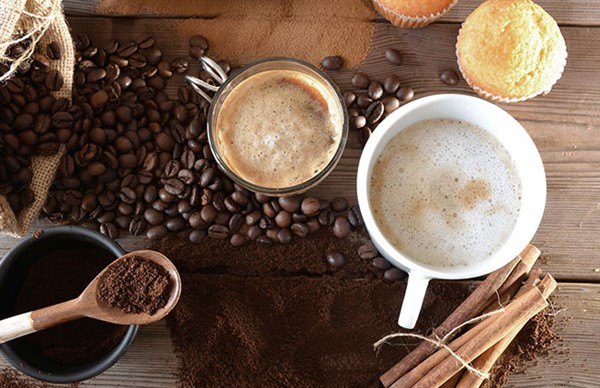Speciality Coffees: Elevating Your Coffee Experience
Introduction:
Coffee has evolved from being a mere morning pick-me-up to a beverage that is cherished and savoured by enthusiasts worldwide. Among the diverse range of coffee offerings, speciality coffees (Also spelt Specialty coffee) stand out as a testament to the dedication, craftsmanship, and superior quality that goes into each cup. In this blog post, we will explore the world of speciality coffees, understanding what sets them apart, the beans or ingredients commonly used, and examples of the delightful coffee types that adorn our mugs.
Understanding Speciality Coffee:
Speciality coffees are the result of a meticulous process that focuses on achieving exceptional quality, distinct flavours, and a delightful overall coffee experience. These coffees are produced using high-quality beans and are meticulously roasted, brewed, and presented to bring out the unique characteristics of each varietal.
Beans Used in the Making of Speciality Coffees:
- Arabica Beans: Speciality coffees are predominantly made from Arabica beans, which are known for their superior quality and nuanced flavours. Arabica beans are grown at higher altitudes, in specific regions with favourable climates, resulting in beans with greater complexity and acidity.
- Single-Origin Coffees: Speciality coffees often highlight the unique flavours of a particular region or farm. Single-origin coffees are sourced from a specific geographic location, allowing coffee lovers to explore the distinct terroir and flavour profiles associated with that area.
- Ethically Sourced and Organic Beans: Speciality coffee roasters prioritize ethical sourcing practices, ensuring that the coffee beans are purchased directly from farmers who receive fair compensation. Additionally, organic farming methods, which exclude the use of synthetic fertilizers and pesticides, are often preferred.
- Speciality Blends: Coffee roasters create speciality blends by carefully selecting beans from various regions to achieve a harmonious combination of flavours. These blends are crafted to deliver a consistent and balanced taste profile that appeals to a wide range of palates.
Examples of Speciality Coffees:
- Ethiopian Yirgacheffe: Renowned for its vibrant acidity, floral aromas, and distinct fruity notes, Ethiopian Yirgacheffe coffee is a favourite among speciality coffee enthusiasts. It often exhibits flavours of citrus, berries, and even wine-like characteristics.
- Colombian Supremo: Colombian Supremo is known for its medium body, balanced acidity, and rich flavours. It offers notes of caramel, chocolate, and nuts, with a smooth and satisfying finish.
- Costa Rican Tarrazu: Costa Rican Tarrazu coffee is celebrated for its bright acidity, full body, and clean, crisp flavours. It presents a combination of citrus, berry, and chocolate notes, making it a refreshing and complex cup.
- Jamaican Blue Mountain: Jamaican Blue Mountain coffee is highly coveted for its mild yet complex flavours. It showcases a smooth body, bright acidity, and delicate hints of floral and nutty undertones.
- Indonesian Sumatra Mandheling: Sumatra Mandheling is renowned for its bold, earthy flavours, full body, and low acidity. It often exhibits notes of dark chocolate, spice, and a hint of tobacco, offering a unique and robust coffee experience.
Conclusion:
Speciality coffees represent the pinnacle of coffee craftsmanship, delivering exceptional flavours, aromas, and a truly elevated coffee experience. From carefully sourced beans to meticulous roasting techniques, speciality coffee producers go the extra mile to ensure that each cup of coffee is a sensory delight. So, the next time you sip a speciality coffee, take a moment to appreciate the craftsmanship and dedication that went into creating that perfect cup. It’s a testament to the artistry of coffee-making and the joy it brings to coffee lovers worldwide.














